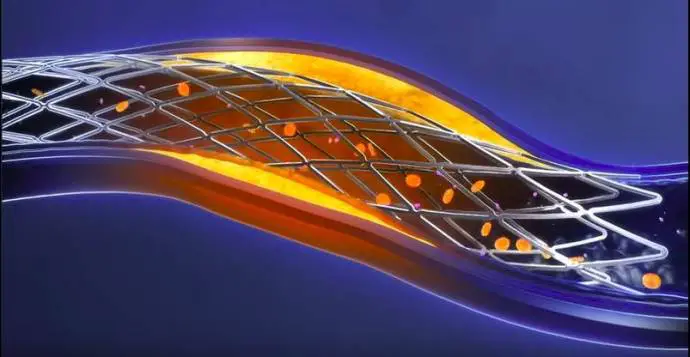The police said on Thursday that the NBI was searching for evidence to substantiate suspicion of several criminal acts of giving and receiving of gifts.
The illegal gain obtained by the suspects has been estimated at around EUR 100,000, but the figure is not yet final.
On behalf of two Ljubljana companies which supplied medical materials to three hospitals in 2008-2016, one suspect had given various gifts to several doctors and one purchase manager as kickback for having been selected as a supplier of stents.
The gifts were in the form of fees, donations, cash and payment for travel, said the General Police Department. These crimes carry a prison sentence from three months to five years.
The searches are conducted at 16 addresses in a vast area policed by the police departments of Ljubljana, Maribor, Kranj, Novo Mesto and Celje, with more than 55 investigators working on the case.
Information obtained by the STA shows that the searches were conducted at the two leading public hospitals, UKC Ljubljana and UKC Maribor, and the Celje General Hospital.
UKC Maribor said in a release that four of its employees from the cardiology and angiology ward were being investigated because of coronary stents.
UKC Ljubljana told the STA that one current and one former employees were investigated, while one person was investigated at the Celje hospital.
According to an unofficial source, UKC Ljubljana's former purchase manager Bojan Uran and former catheter lab head Darko Zorman are among the suspects.
Both had appeared before a parliamentary inquiry commission, whose final report, passed by parliament in April, said there was reasonable grounds for suspicion that suppliers of stents had been involved in a cartel agreement.
The report pointed a finger at UKC Ljubljana and UKC Maribor, saying that their staff enabled certain suppliers to gain a dominant market position in 2007-2016.
The commission requested that law enforcement agencies investigate any suspicious deals, pointing to a number of staff from the three hospitals as potentially acting unlawfully.
Media reported today that the investigators paid a visit to Mirko Gašparić, who owns the medical goods suppliers Animus and Vasc Med with his wife Irma Košutar Gašparić.
Commenting on today's searches, Jelka Godec of the opposition SDS, who led the inquiry, said the estimated EUR 100,000 in proceeds from crime was "ridiculously low".
However, she said she was happy if the NBI and the Specialised State Persecution had acted on the inquiry's interim and final reports.
While regretting the investigation had not happened earlier, she expects the NBI to investigate the entire purchase chain, not just doctors, but also purchase managers, directors, but most of all suppliers.
The NBI should check accounts of suppliers and how suppliers have purchased the materials from producers abroad, she said, suggesting the NBI should check "some players' foreign bank accounts".
The inquiry commission had proposed to the police and prosecution to investigate seven stent suppliers: Mark Medical, Animus, Vasc Med, Bormia, Salus, Kastor M. D. and KB 1909.
Before the stent scandal broke out in 2013, Mark Medical commanded a more than 70% market share in Slovenia, selling Abbot's stents.
Following a public call with which UKC Ljubljana managed to considerably lower stent prices in 2014, Mark Medical as well as Animus pulled out of UKC.
At the time, Polish supplier Logis Med entered the Slovenian market, selling Abbot's stents at half the price.






